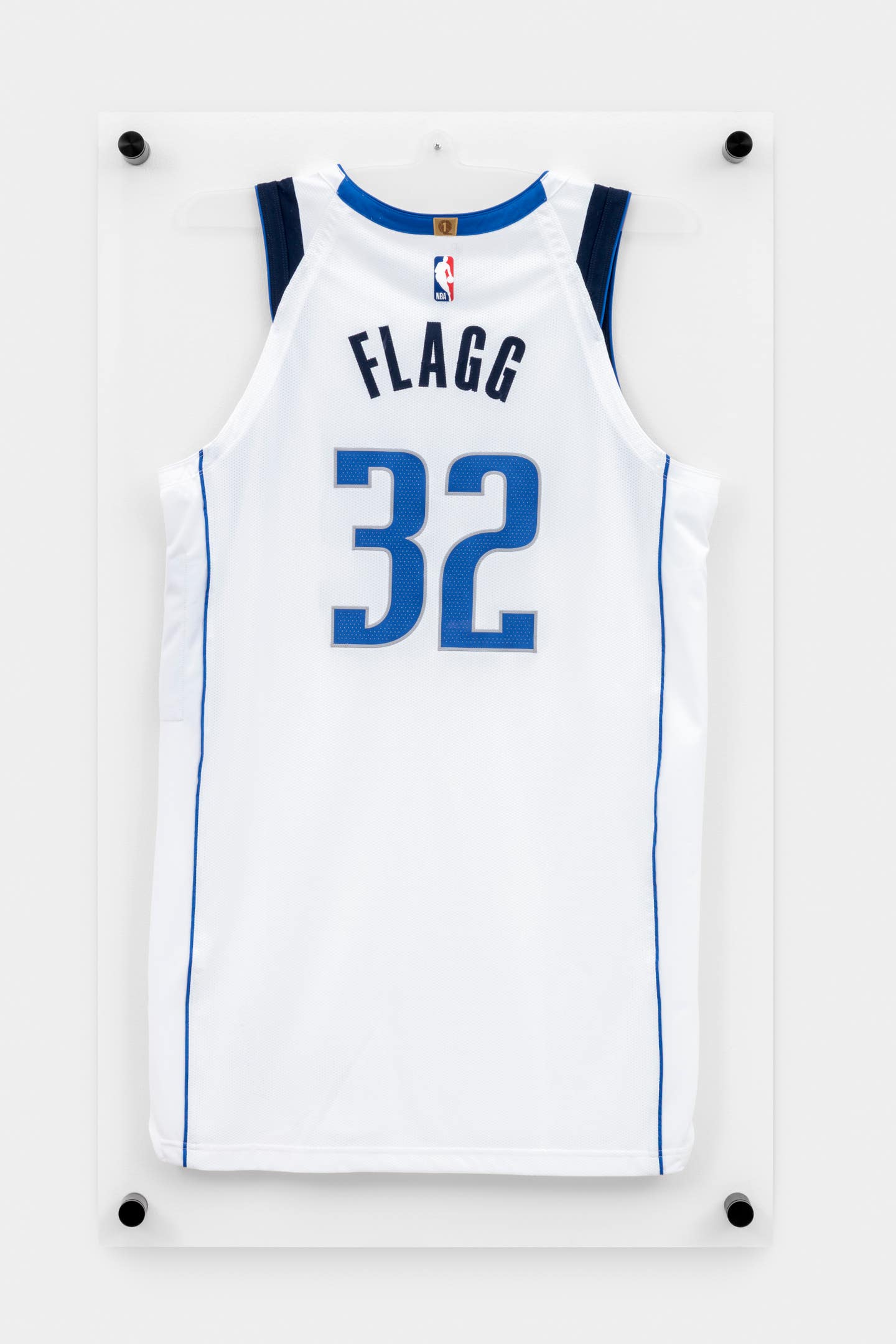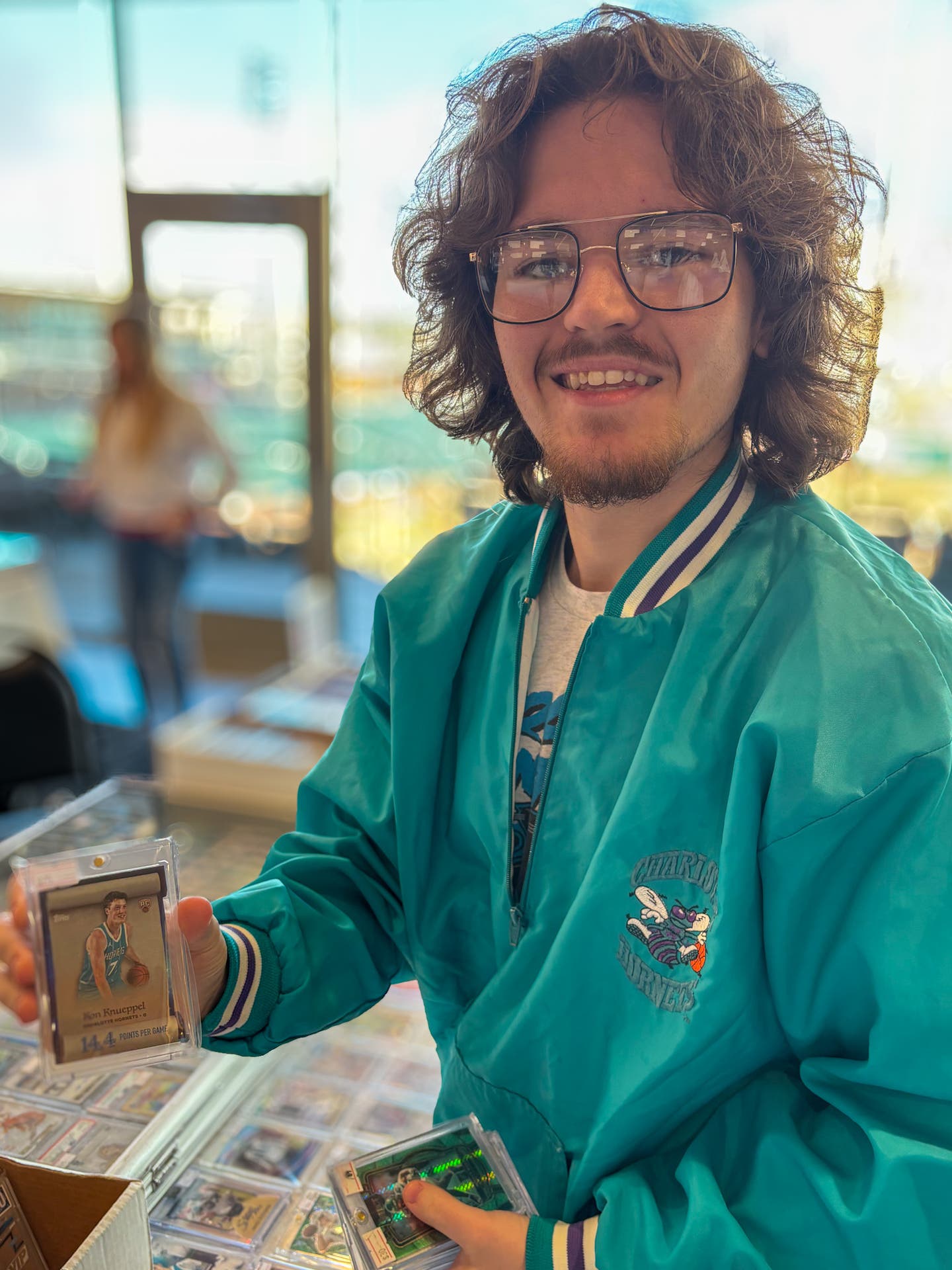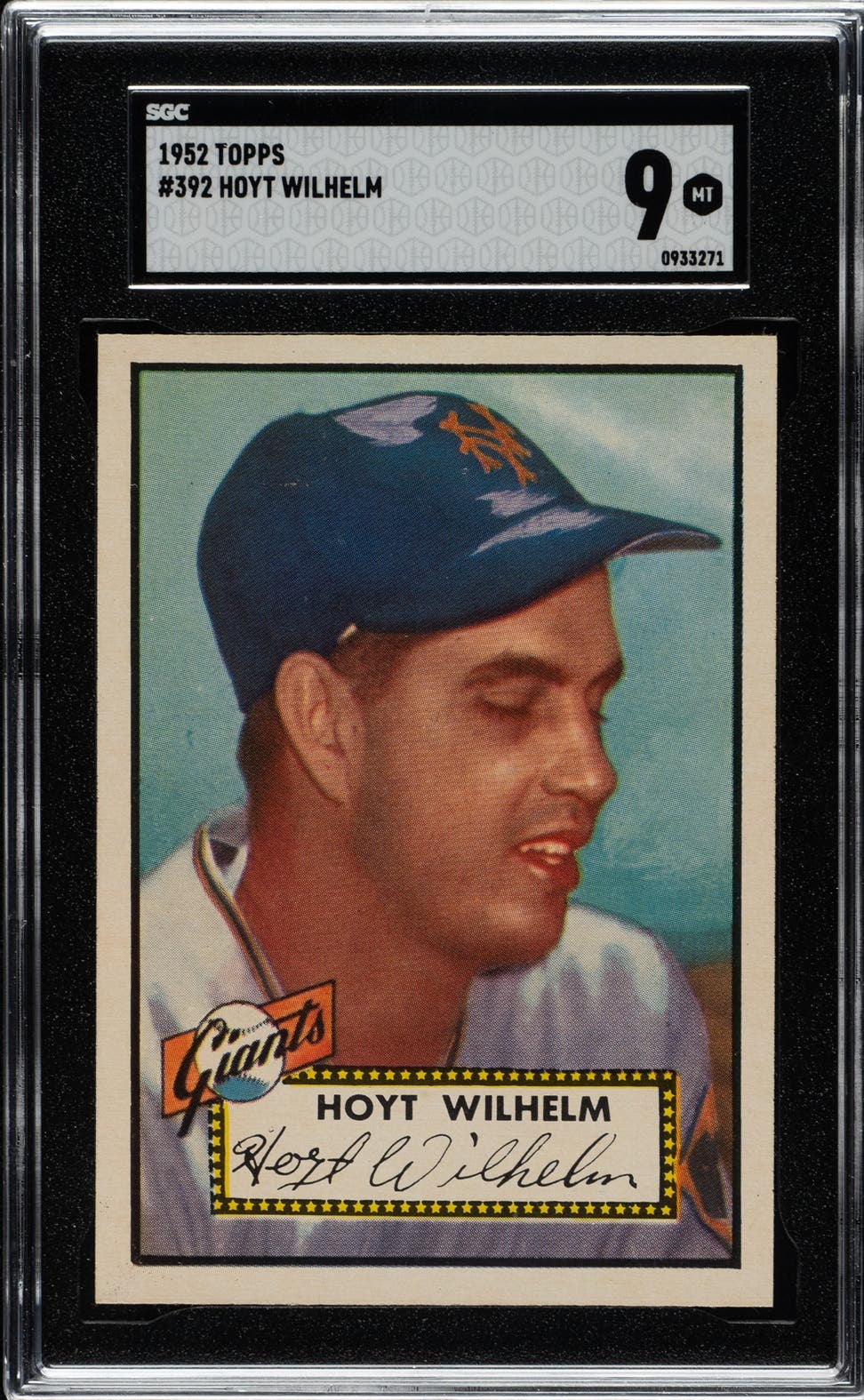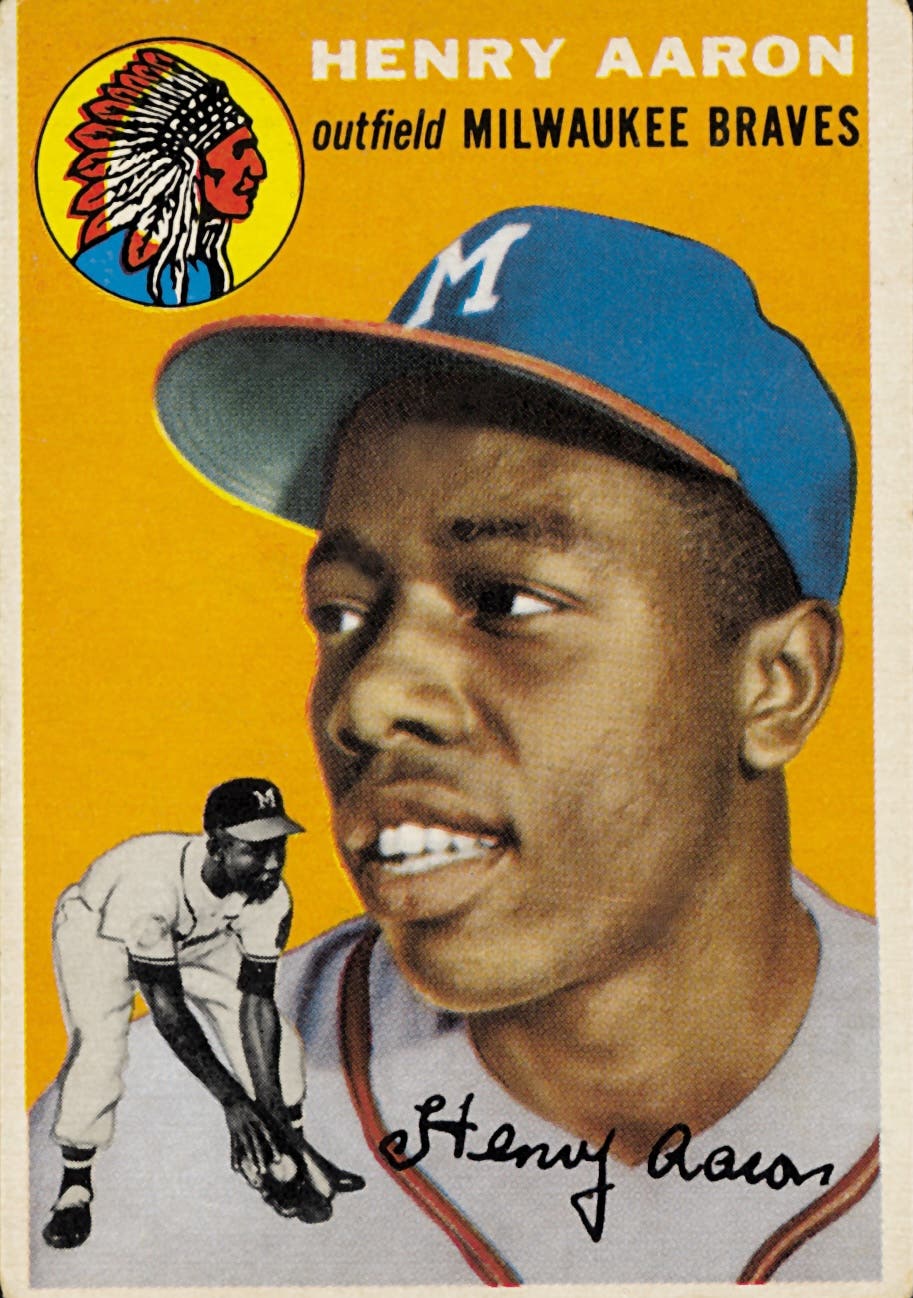Football
Bears great Roland Harper shares fond memories of Walter Payton as he heads to National Sports Collectors Convention
Roland Harper had his best season in 1978 as a running back for the Chicago Bears in their first season under head coach Neill Armstrong. The team finished 7-9 and failed to make the NFL playoffs for the 14th time in 15 seasons.
Still, Harper had personal bests in games played (16), games started (16), rushing attempts (240), touchdowns (6), receptions (43), receiving yards (340), and receiving touchdowns (2).
And yards rushing (992).
Coming up eight yards short of 1,000 still haunts Harper decades later.
“Eight yards … that’s all I needed,” he said without hesitation.
In the Bears’ final game of the 1978 season, on the road against the Washington Redskins, there was less than a minute remaining and Chicago fell on the ball twice to run out the clock and seal the victory.
“I think about how much money I lost because of that,” he said, laughing.
You Also Might Like:
Harper had his career night in Week 13 of the ’78 campaign when Chicago played host to Tampa Bay. Harper rushed 25 times for 144 yards in that game.
Also against the Buccaneers on that November game in 1978, Chicago legend Walter Payton rushed 27 times for 105 yards.
It was the lone game of his career that Harper out-rushed Payton.
“I had fun playing with and against so many greats of the game,” Harper said. “I enjoyed being a team player and I know I helped Walter get many of the 16,000-plus yards he rushed for in his Hall of Fame career.”
Harper, wearing uniform No. 35, played seven seasons for the Bears after his college career at Louisiana Tech. He was selected in the 17th and final round of the 1975 NFL draft, yet landed as the starting fullback alongside halfback Walter Payton.
Harper still ranks 10th on the Bears’ all-time rushing list with 3,044 yards and 15 touchdowns on 757 carries. He was inducted into the Louisiana Tech University Athletic Hall of Fame in 1986.
“We played with our hearts in Chicago, playing the game the way we should have played, although we didn’t get paid what we probably should have been paid,” Harper said. “We gave a good effort, always. We were close in many games. Not many teams blew us out. And we surprised a lot of teams.”
No one was surprised by Payton, arguably the greatest running back of all time.
“Once we met up, it was like instant magic when we got in the backfield together. It was on-fire. Walter was … the greatest. We were a good tandem,” Harper said.
Payton played for the Bears from 1975-87, collecting 16,726 rushing yards enroute to his 1993 induction into the Pro Football Hall of Fame.
Harper’s NFL career spanned 89 games and he finished with 3,044 rushing yards. He also had 128 receptions for 1,013 yards and tallied 18 career touchdowns.
Harper wanted to continue playing past 1982, but his body told him otherwise.
“I followed my body,” he said. “Playing in the NFL was a dream come true. I remember back in high school, I said I was going to play in the NFL, and everyone laughed [at me]. I was, oh, about 150 pounds at the time, but ultimately I proved a lot of people wrong.”
He was pick No. 420 of 442 in the 1975 Draft. Quarterback Steve Bartkowski was selected No. 1 followed by Randy White, Ken Huff and Payton with the fourth overall pick.
“Eight years is a long time to play in the NFL,” Harper said. “They said I wasn’t big enough or fast enough. As I told my kids and others, ‘They cannot measure your heart, how much you want it, how much you want to prove them wrong.’ I did that a lot.”
Chicago’s 1975 backfield featured rookies Payton and Harper and first-year quarterback Bob Avellini, who was selected in the sixth round from the University of Maryland.
Harper, 72, is now retired and living in suburban Chicago. He will be signing autographs on Aug. 1 in Chicago, his first appearance at National Sports Collectors Convention.
Harper is not much of a collector, though he saved jerseys, helmets and shoes from his career. “Those items are irreplaceable,” he said.
He also has all of his football cards, many of each. His favorite was his 1976 Topps rookie card.
“The first time I saw my face on a football card, that was pretty cool, something very surprising. I never thought I’d appear on a football card,” he said.
Harper is not an autograph collector, but the one autograph he would have liked to have gotten was from Muhammad Ali.
“In fact, there was one time when I almost was able to get [Ali’s signature], but didn’t,” he said. “When I first met him, I wasn’t thinking about getting an autograph; I was just in awe to shake his hand. When I saw him, it was like, ‘Wow, that’s a blessing and a half.’ He was bigger than life.”
Harper was being interviewed by Johnny Morris in Chicago and Morris warned that their interview might get cut if Ali arrived.
Harper said, “No problem … I want to meet him, too. That was one of the highlights of my life.”
Harper said he watches football at times nowadays, but often visits former teammates, such as Jim Osborne, John Skibinski, Emory Moorehead, and others.
“I have so many fond memories of our years in Chicago, with Revie Sorey, Dan Neal, Greg Latta and so many others,” he said.








